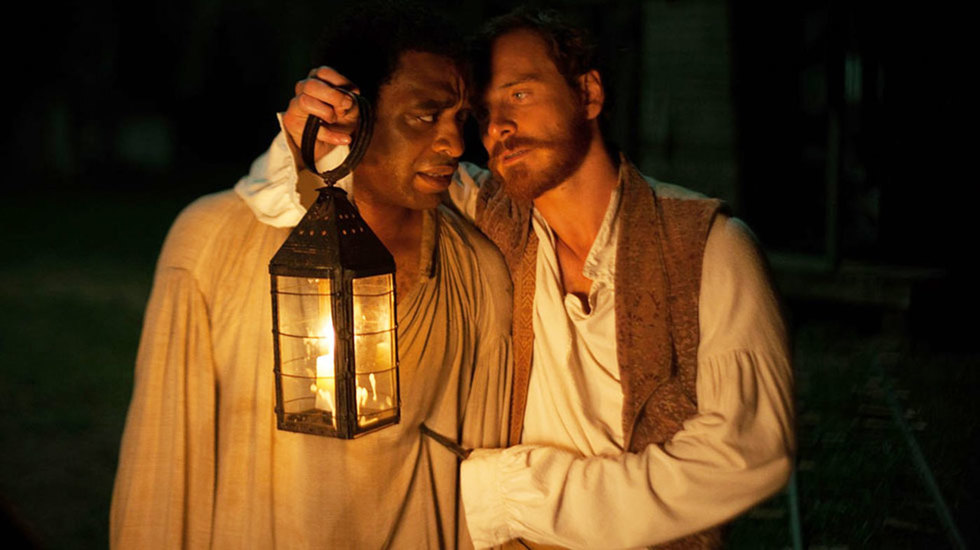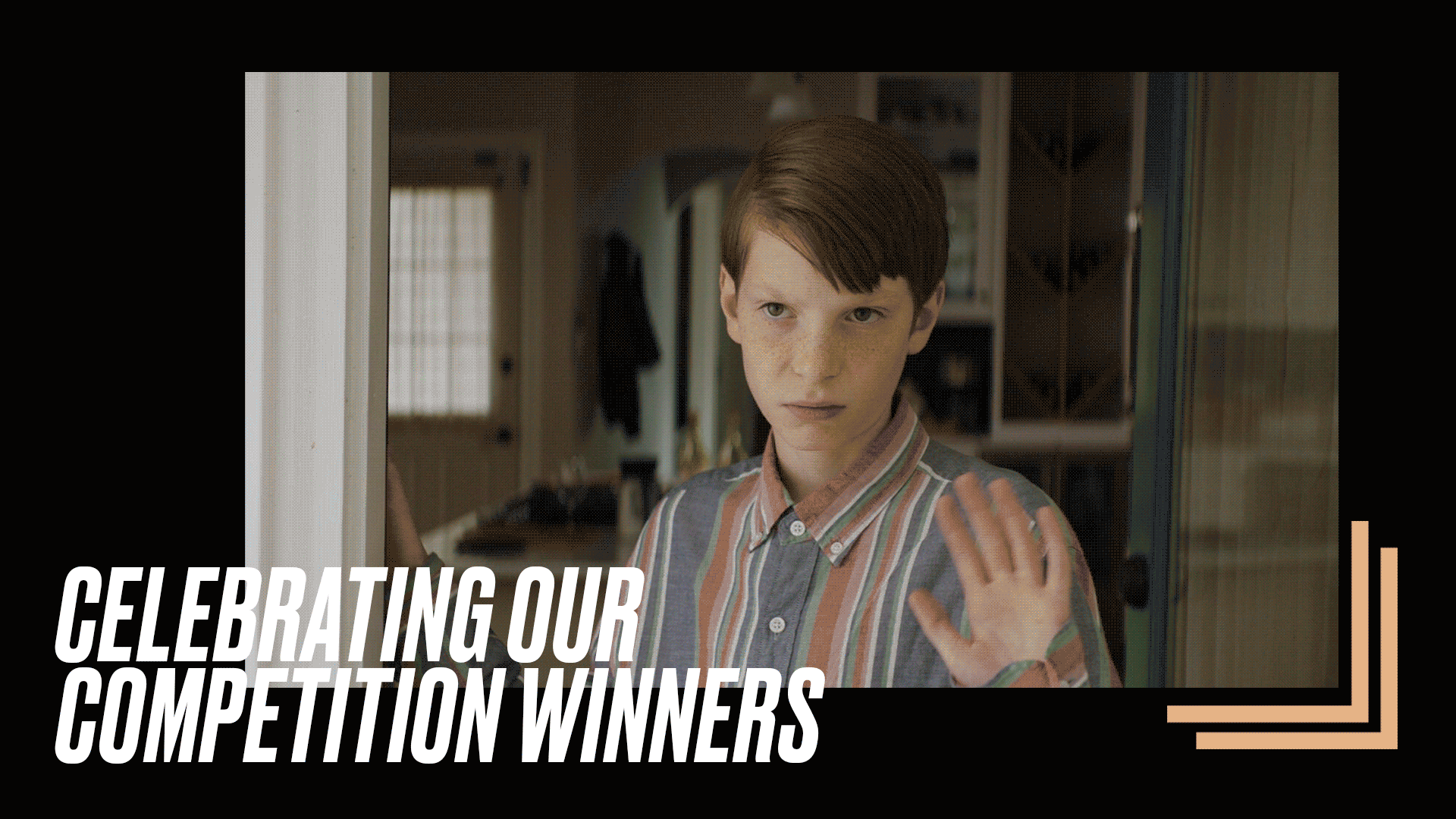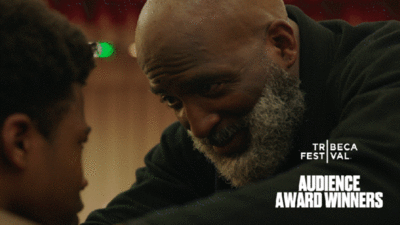
BY ZACHARY WIGON |
Racking Focus: Steve McQueen And The Long Game
How unconventional filmmaking and disregard for the norm won McQueen the Academy Award.

It was exhilarating to watch Steve McQueen accept the Academy Award for Best Picture Sunday night for 12 Years A Slave. I felt some personal connection to the moment insofar as I've been a devoted fan of McQueen's since I saw Hunger at the New York Film Festival in 2008. Brazenly formalist, utterly unconcerned with anything resembling narrative convention, the film was obviously the work of a fiercely confident filmmaker and was - and remains - unlike anything I have ever seen. It's one of my favorite films, full stop. If you haven't seen it, stop reading this and get yourself to Netflix at once!
He has been concerned with one thing alone - making good work, regardless of how commercial, accessible, or challenging it may be.
While there was no question at the time of its release that Hunger was an extraordinarily accomplished film, it was absolutely perceived as a challenging work of art, not something that would be readily seized upon by a mass audience. As I mentioned above, the film adheres to exactly zero conventions of narrative storytelling, preferring to immerse the audience in visually-oriented moments that convey the truth of the situation being represented (conditions for IRA prisoners at the Maze prison in the early 80s, with a specific focus on hunger striker Bobby Sands). There is barely any dialogue in this masterful work of formalism. Oh yeah, except for that 22-minute one-act play in the middle of the movie that opens with a 17-minute take.
So as someone who's watched McQueen's career extremely closely since Hunger, I find it astonishing and thrilling and gratifying and validating to no small degree to be able to now refer to him as an Oscar-winning filmmaker. 12 Years A Slave is obviously a much more accessible film than Hunger (and his superb sophomore effort, Shame), but McQueen has made no compromises as he's ascended the ranks of the film industry. His artistry and talent, specific though his style may be, has been what has gotten him to this point. While Hunger is an extremely unique and unusually told film, it was after Hunger that Brad Pitt's company Plan B approached McQueen with the idea of working on a film together.
The example McQueen sets is a simple one that directs efforts in an entirely different direction: if your work is good - really good - nothing else matters.
There's a crucial takeaway here for aspiring filmmakers. Steve McQueen has made zero concessions to what might be termed "mainstream" or "popular" cinema and the storytelling conventions they hold. He has been concerned with one thing alone - making good work, regardless of how commercial, accessible, or challenging it may be. It's such a simple point that it often goes overlooked by filmmakers trying to figure out, as they begin to write a screenplay, which part of their story must be emphasized. (Violence! Sex! Etc.!)
The example McQueen sets is a simple one that directs efforts in an entirely different direction: if your work is good - really good - nothing else matters. At the end of the day there are plenty of filmmakers making concessions toward commercial storytelling, but few whose talents place them above the rest. If you believe in your talent to the degree McQueen obviously has done, there's no need to try to find a genre angle on a script or employ a commercial-angle bait-and-switch when trying to sell your movie; just make it good, and the rest will follow.

